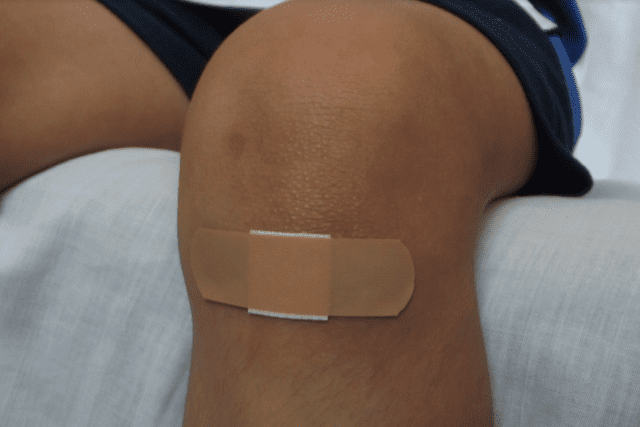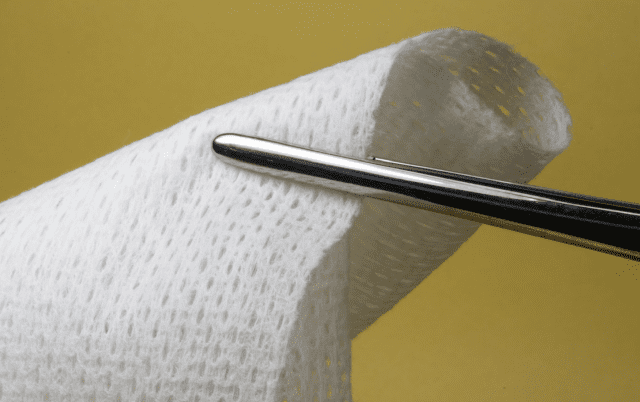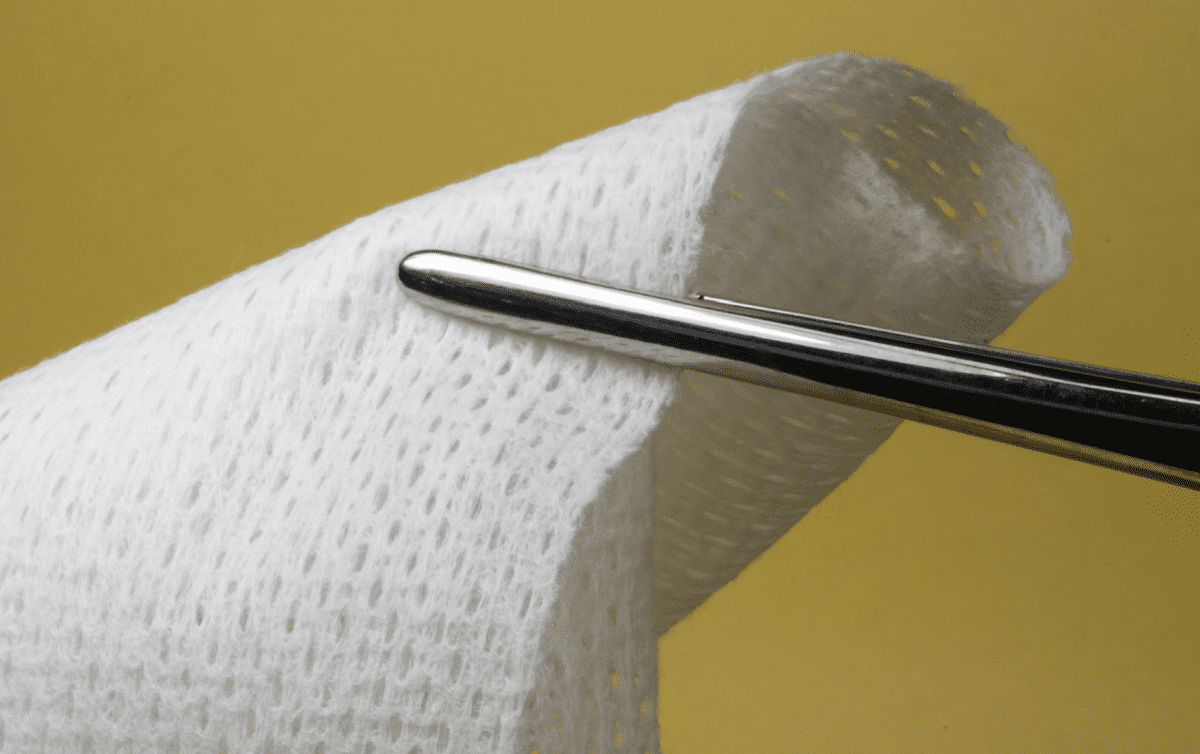Bites and stings are a common injury, with more than one million people in the United States receiving medical treatment for animal bites each year. You can take steps to prevent infection by making sure your bite wound is not infected. You should clean wounds with soap and water as soon as possible, especially if there is dirt or debris on them. Here are some ways to ensure that your bite wound is not infected.

Keep Insects Away
Insects always try to find the weakest and most exposed parts of the body to bite and leave disease-causing parasites. You can keep insects away by wearing long sleeves and pants, as well as using insect repellent. Living in areas heavily habited by insects, I applied mosquito spray, and here’s what I found after that. You can use these steps to prevent infection and ensure that your bite wound is not infected anymore.
Keeping insects away is the first and most important step to ensuring your bite wound is not infected. You can use insect repellents, long sleeves, or live in areas less populated by bugs.
Clean the Wound with Soap and Water to Remove Any Dirt or Debris
A bite wound can be quite painful, and you might feel the need to clean it with some alcohol or antiseptic. You should avoid these because they will dry out your skin, which is likely already compromised after a bump against something sharp-cornered. You also want to avoid povidone-iodine as this contains benzalkonium chloride, which can cause contact dermatitis. Just like people are taking precautions against the COVID-19, you should clean the wound with soap and water to remove any germs, dirt, or debris from it.
If you are unsure if your bite wound is infected, wait a couple of hours before taking antibiotics, as you won’t need these in most cases. You may go with antibiotic treatment if you have a fever or the bite wound is not healing.
Apply an Antibiotic Ointment to Prevent Infection
You can apply an antibiotic ointment to a wound that is open so it will heal properly. You should not apply this to an area where the bite wound has already closed or anything covered in bandages. You could use bacitracin, neomycin, polymyxin B sulfate-bacitracin combination, bacitracin zinc, silver sulfadiazine, or mupirocin ointment.
You shouldn’t use antibiotic cream on an area that has already been covered in bandages, and You should use something like neomycin, polymyxin B, or silver sulfadiazine. You also want to avoid benzocaine creams as they can be harmful if you have a latex allergy, and it’s best not to risk that.
Cover the Wound with a Bandage
You should cover the wound with a bandage to keep it clean, protect it from further injury, and so that your body can heal. You should avoid using adhesive tapes or butterfly strips as these could cause skin irritation. You also want to make sure you don’t wrap a bandage too tightly around an area of the body because this may lead to nerve damage and other injuries. You want to keep it loose enough that you can still move your body parts underneath the bandage, though not so much as to be too loose, of course.
You should avoid using adhesive tapes or butterfly strips when dressing a wound because these could cause more skin irritation and nerve damage. You also don’t want to wrap a bandage too tightly around an area of the body, which may lead to nerve damage and other injuries. You want to keep it loose enough that you can still move your body parts underneath but not so much that they are too loose, of course.

Seek Medical Attention if you Experience Any Symptoms of Infection
You should seek medical attention if you experience any symptoms of infection, such as increased pain or redness around the wound. You will want to see a doctor in these cases because there’s no way you can know for sure whether it is infected just by looking at it yourself.
You also need your doctor to prescribe antibiotics, so they are available if needed. You will need to get a tetanus shot if you have not had one in the past five years because this is a risk for wounds.
Do not Touch your Wounds with Dirty Hands
Do not touch your wounds with dirty hands. You don’t want to risk contaminating them and making the wound worse by sticking something on it that doesn’t belong there. You might also cause more damage if you use a cleaning product or do anything else when your fingers are dirty.
You should avoid touching the wound at all because this will likely lead to more wound contamination and make the situation worse. You also don’t want to risk contaminating it with something that doesn’t belong there or causing further damage by using a cleaning product when your fingers are dirty. You should not touch an open bite wound because this will likely lead to more area infections.
Avoid Sharing Personal Items like Towels and Razors that Come into Contact with Open Wounds
You should avoid sharing personal items like towels and razors that come into contact with open wounds, no matter how clean you think they are. You might have bacteria on your hands or somewhere else on your body that could contaminate the item. You also want to avoid using toiletries if there is an open wound because this will likely cause irritation or further infection. You also want to avoid coming into contact with any bacteria on surfaces like sinks, handrails, doorknobs, etc.
Sharing personal items that come into contact with open wounds is risky because there could be bacteria on your hands or elsewhere that you don’t know about. You also want to avoid using toiletries if there is an open wound because this will likely cause irritation and result in more infection. You should not come into contact with any surfaces, such as bathroom sinks, doorknobs, handrails, etc., where there may be bacteria.
It’s important to take care of your open wounds, no matter how small they may seem. Insect bites and stings can be especially dangerous when left untreated because these creatures often carry diseases that could make you very sick or even kill you. Bites are also more likely than other injuries to become infected if not treated properly, so it’s best to follow the steps listed above for treating a bite wound right away! Keep in mind that some symptoms of infection might not show up until hours after the initial injury takes place–so don’t wait too long before seeking treatment.

